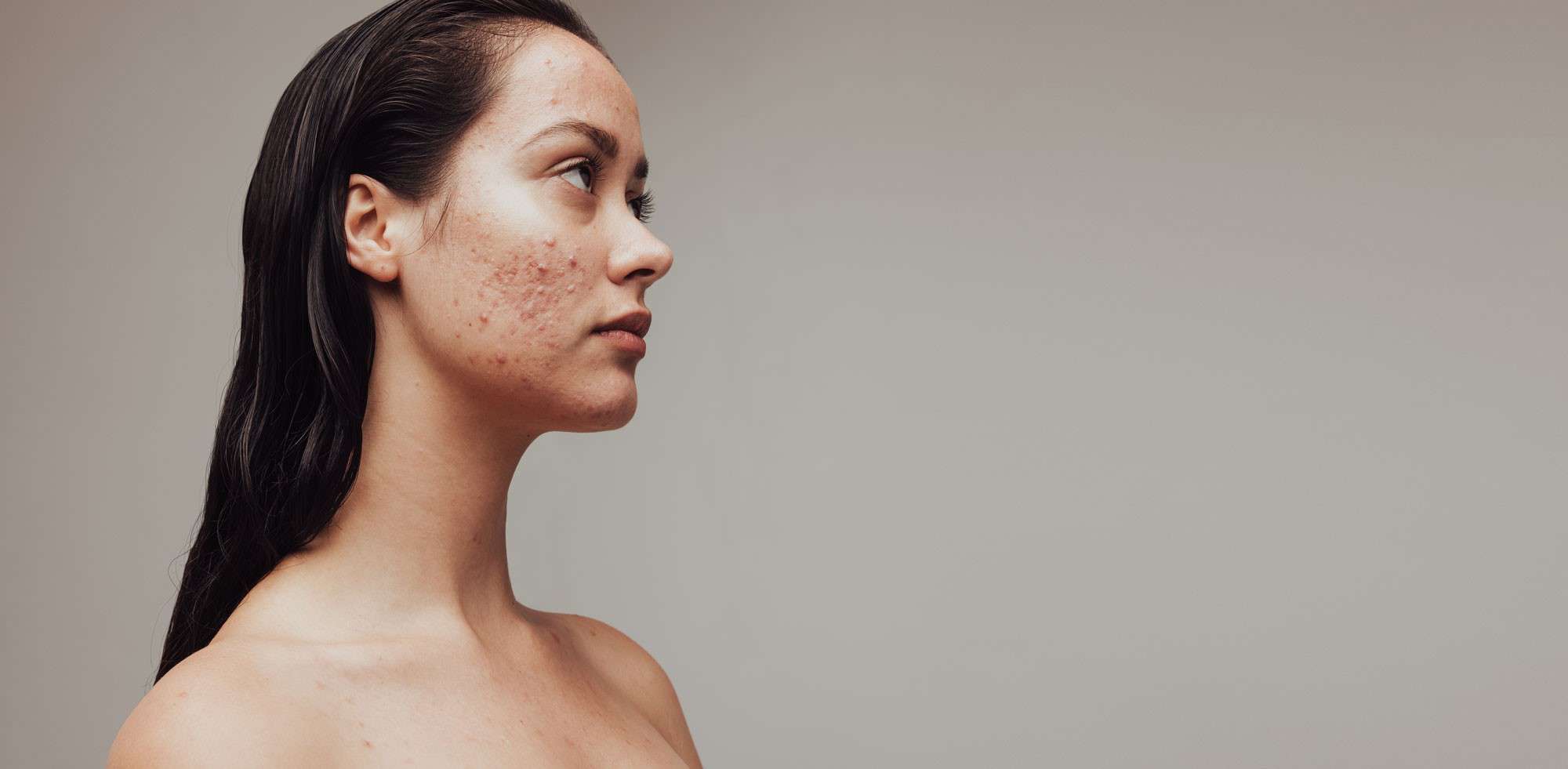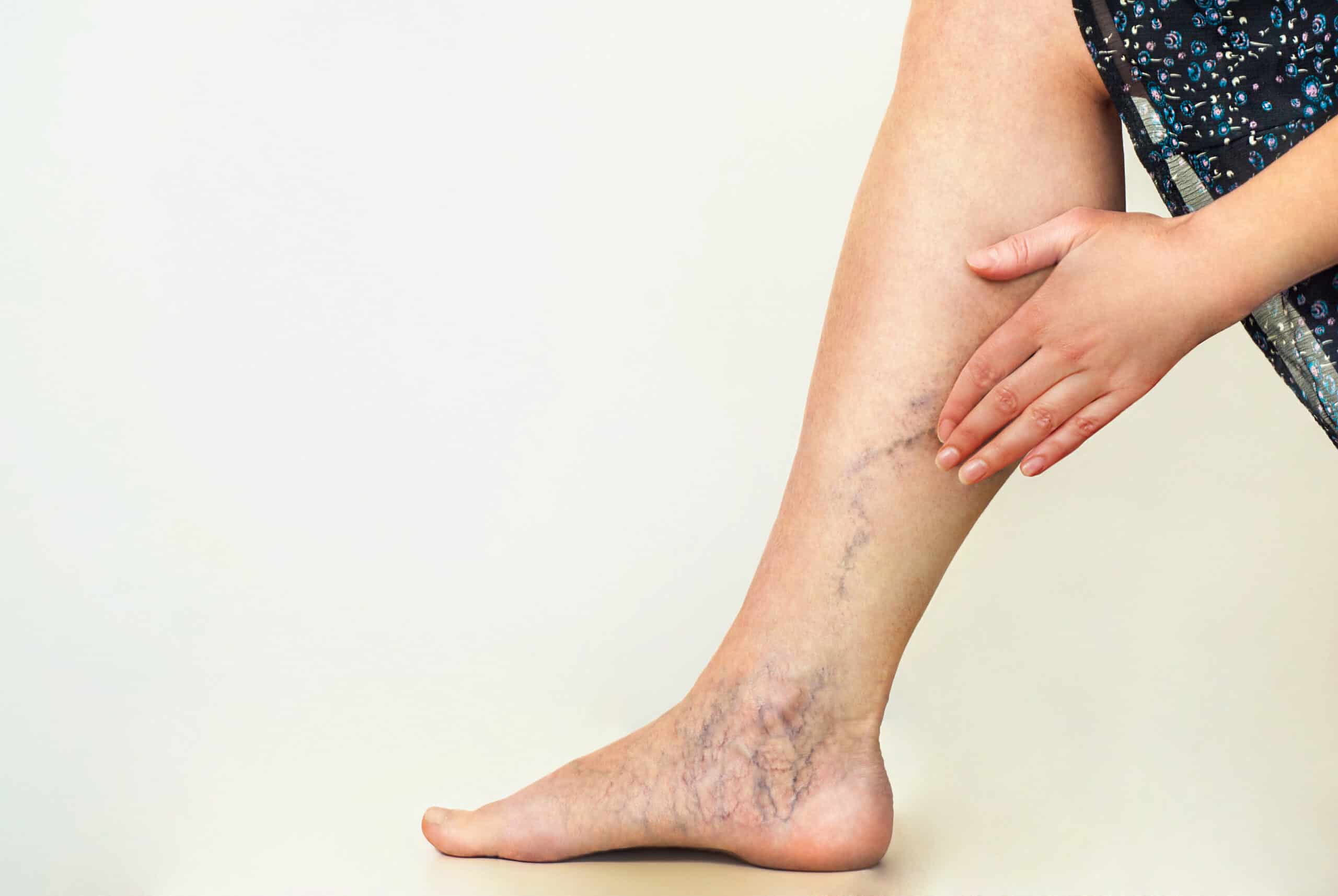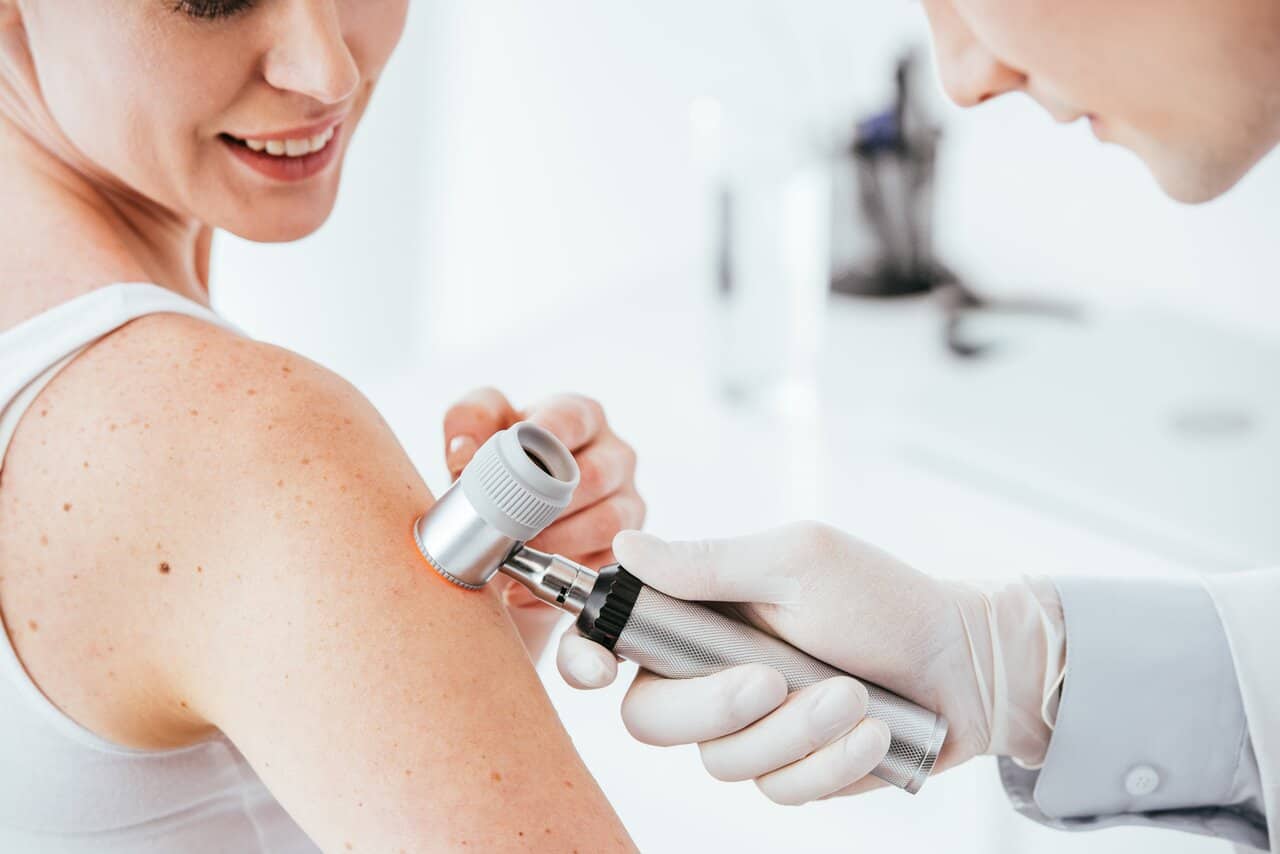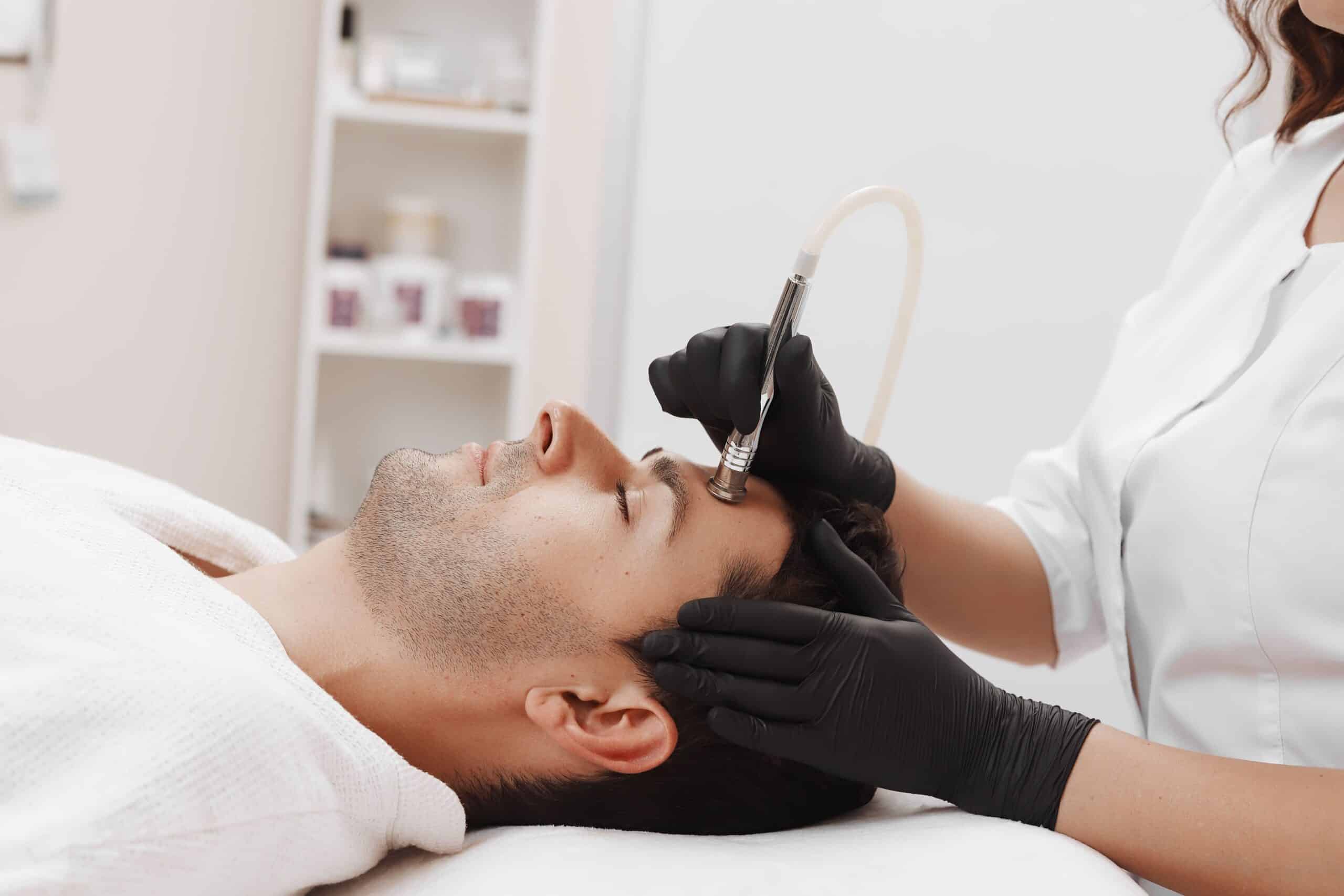MEDICAL ACNE TREATMENT VS SURGICAL ACNE TREATMENT
Medical acne treatments differ from surgical acne treatments in more ways than one. Naturally, surgical acne treatments are a more invasive procedure that often penetrates the skin on deeper levels and forces the skin to react more quickly than medical treatments in order to produce new skin cells that help rejuvenate and repair damaged skin.
Medical acne treatments are often much simpler in how they are implemented. Both courses of acne treatments might be recommended by a dermatologist, however, medical acne treatments can be undertaken by the patient in their own home, while surgical acne treatments are implemented directly by an acne dermatologist.
Surgical acne treatments are more invasive skin treatments and are introduced when your acne is more severe. These surgical treatments include such acne treatments as lasering, microneedling and microdermabrasion and chemical peeling. Conversely, medical acne treatments tend to be topical retinoids, consumable tablets and lotions and creams.
Depending on the type of skin you have and how you respond to certain medications and steroids, your dermatologist will recommend a medical treatment that suits you. This can naturally be complemented with a robust skincare regimen and improving your diet to include more hydration and less sugary ingredients.
Medical acne treatment covers a range of different creams and consumables or gels. Some of which may be over-the-counter, while others are on prescription. The ingredients of these medical treatments include benzoyl, adapalene and salicylic acids. As a result, some of these will help to reduce acne inflammation on the skin, while other medical treatments will help remove bacteria, dirt and harmful toxins that have occurred throughout the day from the skin.
Surgical acne scar treatments are used in severe cases of acne scarring. Often, these treatments are used to penetrate the skin’s inner layers and enforce a breakdown in acne scarring tissue, forcing collagen reproduction in the first place. This collagen reproduction reduces inflammation and tightness for uneven surfaces, which can often provide quicker results than medical acne.
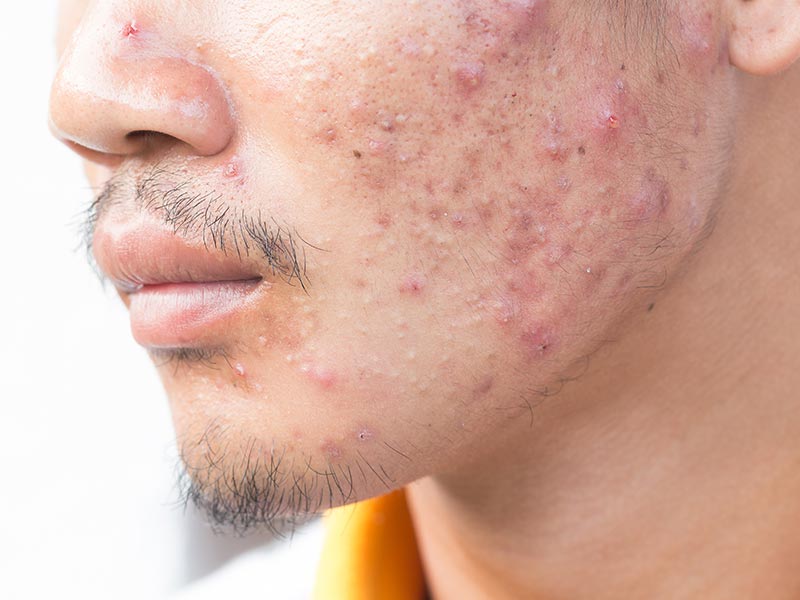
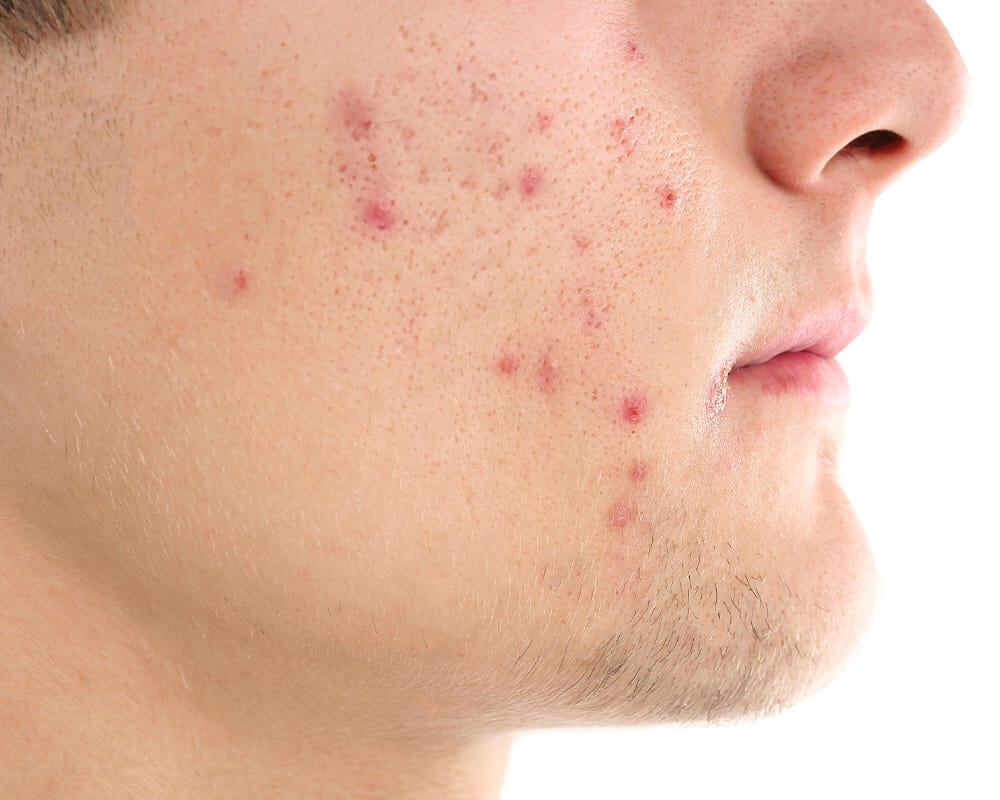
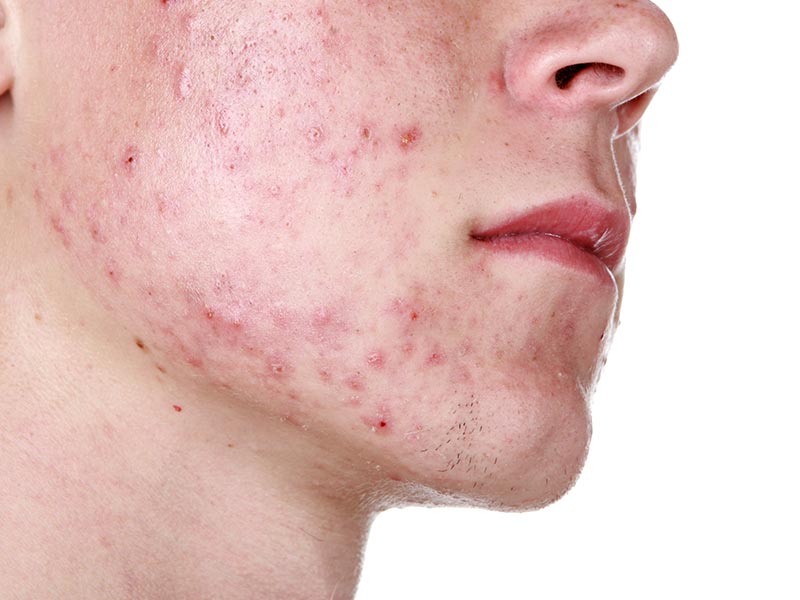
HOW DO YOU KNOW WHICH ACNE TREATMENT YOU NEED?
Frankly, only your dermatologist will know which type of acne treatment you need. Acne is such a complex skin condition and affects the majority of the population in different ways. Your skin is unique to you, along with your responses to certain medications.
However, you can do your own research of course and as you’re able to source over the counter medical acne creams and lotions, trialling these solutions can be a good start to helping you resolve your acne issues.
There are key identifiers to consider when knowing which acne treatment you need. These include:
IS IT A BUMP, PIMPLE OR A SCAR?
Is the acne a bump without a whitehead, or is it a pimple or scar? These characteristics of acne can help you to determine whether you need medical or surgical acne treatments.
HAVE YOU TRIED MEDICAL TREATMENTS BEFORE?
Have you previously tried medical treatments before? Which ones have you tried? Knowing the type of medical treatment you’ve tried can help determine if there are other medicines, gels, lotions etc. you could try to help with your acne. Alternatively, this can help to determine if you require surgical treatments instead.
ARE YOU ALLERGIC TO ANYTHING?
Again, if you’ve tried certain medical treatments and have adverse reactions, you’ll know that this treatment type might not be suitable for your skin. Additionally, this helps your dermatologist in qualifying the right medical treatment that’s suitable for your skin.
HOW SENSITIVE IS YOUR SKIN?
If you have frail and skin that breaks easily, this might determine the type of treatment suitable for you. It is likely that more invasive treatments might be left as a last resort to avoid damaging sensitive areas of the skin that might not react well to more invasive skin treatments.
SEEING A DERMATOLOGIST FOR ACNE TREATMENTS
With acne being so complicated, it’s always best to consult an experienced dermatologist. For more information on acne treatments for your acne, we welcome you to book a consultation with us. Alternatively, please contact us to speak to one of our experts.

